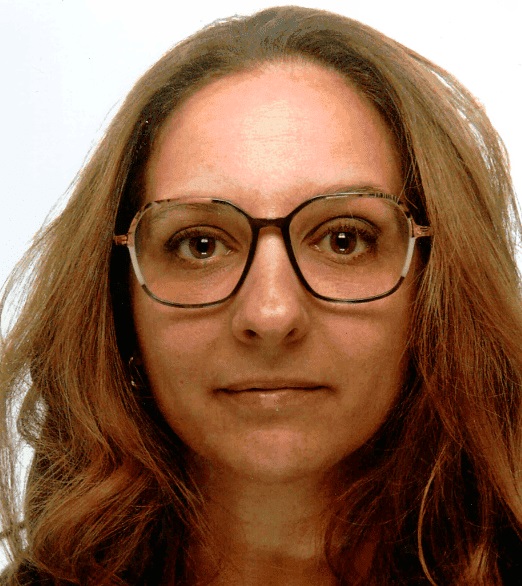ICLS 2012 - 10th International Conference of the Learning Sciences - The Future of Learning
Date : du 02-07-2012 au 06-07-2012
Lieu : Sydney
Organisation : International Society of the Learning Sciences (ISLS)
Programme :
The International Conference of the Learning Sciences is a bi-annual conference sponsored by the International Society of the Learning Sciences (ISLS). The conference brings together researchers in the sciences of learning, instruction, and design in order to address questions of how we can better understand and improve learning.
Our theme for 2012 is the Future of Learning. On its tenth anniversary, ICLS looks to the future. The conference will hosts workshops, panels, symposia, paper and poster sessions, and keynotes by leaders in the field, reflecting on what we have learned so far and considering directions for the future.
Questions the conference hopes to address include:
- How can collaborative learning be effectively mediated by technology?
- How can inquiry-oriented learning in disciplines such as mathematics and the sciences be guided with technology-enhanced learning environments?
- How do students collaboratively construct knowledge and understanding?
- How can intelligent tutors that help people learn complex subjects such as mathematics and foreign languages be designed and evaluated?
- How can we foster mindful learning and metacognition so that learners are more strategic and effective when they seek to learn something new?
- How to provide the right levels of assistive guidance in collaborative and online learning to foster self-regulation in learning?
- How to teach not only for factual memory and procedural skills but for adaptive and flexible understanding that can be used beyond formal schooling and throughout life?
- How does learning vary when its participants are in the same or different times (synchronous/asynchronous) or spaces (distributed/local)?
- How can teachers productively create teaching and learning environments that support the needs of learners of diverse linguistic, cultural and economic backgrounds?
- How can the capabilities of interactively visualizing data be incorporated in learning environments so as to make difficult subjects in science, technology, engineering, mathematics, the social sciences, and the humanities more accessible and learning more coherent?
- How can the creation and use of computational models of the physical and social worlds by learners become an integral part of educational practices?
- How can the energies and motivations that accompany a learner’s interests be matched with learning resources to enable productive learning pathways?
- What forms of CSCL organization and interaction make for productive online learning communities?
- How can productive co-design partnerships between educational practitioners and researchers be fostered for scaling and sustaining innovative learning environments?
- How does the physical embodiment of learning (e.g., gesture, gaze, pointing) contribute to learning processes and strategies?
Keynotes :
- Pierre Dillenbourg
Pierre Dillenbourg is professor of computer science at Swiss Federal Institute of Technology in Lausanne (EPFL).
- Manu Kapur
Manu Kapur is an Associate Professor of Curriculum, Teaching and Learning (CTL) and a researcher in the Learning Sciences Lab (LSL) at the National Institute of Education (NIE) of Singapore.
- Judy Kay
Judy Kay is Professor of Computer Science at the University of Sydney and a principal in CHAI (Computer Human Adapted Interaction), leading research into advanced technologies for human computer interaction, personalisation, pervasive and mobile interaction.
- Janet Kolodner
Professor Janet Kolodner is a Regents' Professor in the School of Interactive Computing at the Georgia Institute of Technology.
URL : http://www.isls.org/.../
Ressources mises à disposition à l'issue de la manifestation :
• diaporamas : http://www.isls.org/.../index.html
• enregistrement vidéo : http://www.isls.org/.../index.html
Les diaporamas et vidéos des quatre conférenciers sont disponibles en ligne.













